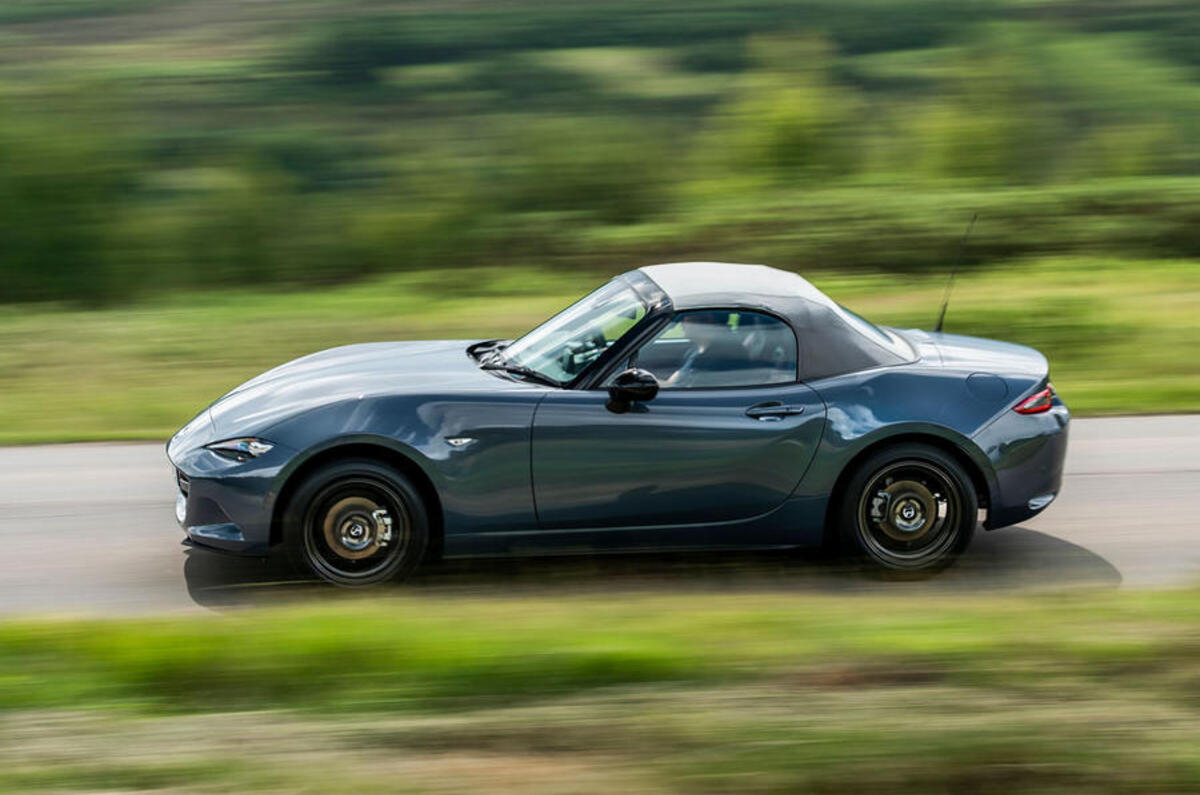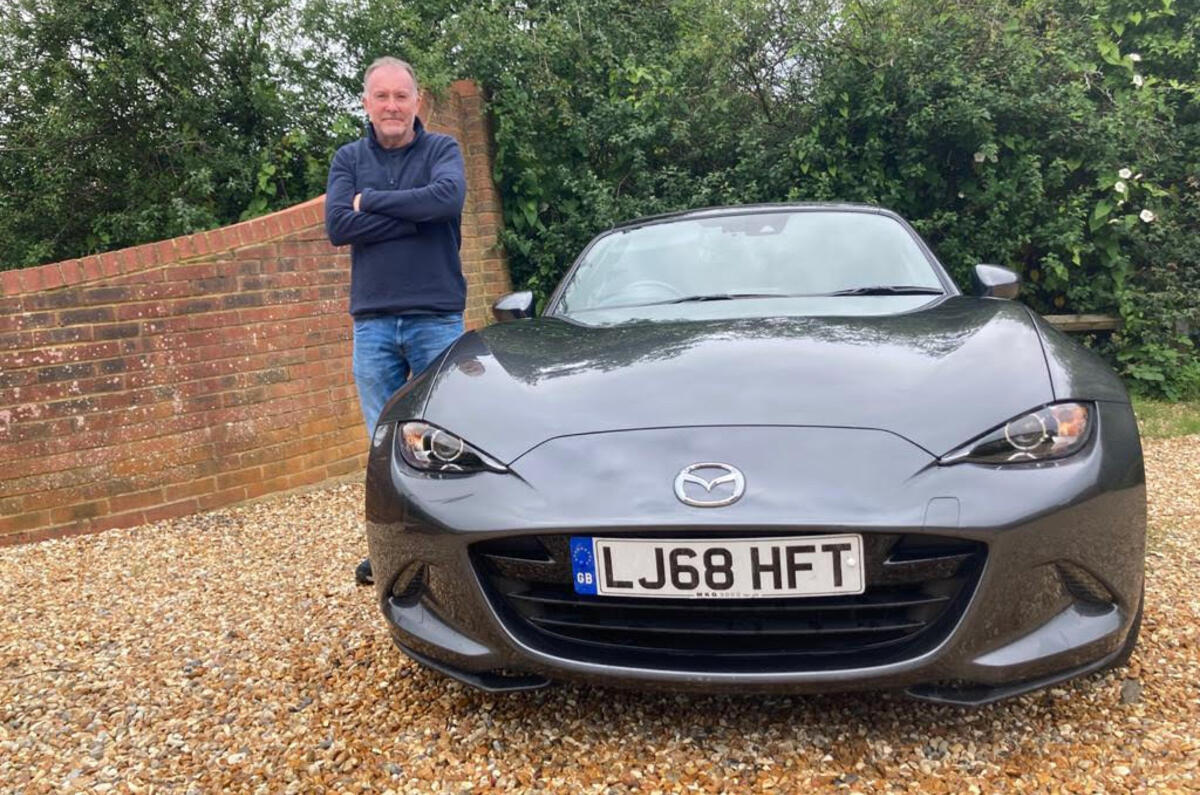Depreciation is bad, right? It’s the hidden motoring cost that dwarfs all others including fuel and servicing. It turns your car into a worthless lump of metal, making it more expensive to replace. So three cheers for the times we live in where prices of used cars are shooting up like a rocket, at a stroke recovering all that lost value.
The trouble is, appreciation brings its own problems, not least the fact that good used cars are now much more expensive. People bought used to save themselves money. Now they face the prospect of paying a premium only to suffer even more savage losses when depreciation returns, as it surely must as we enter autumn, leave lockdown and savings run out.
Appreciation brings another problem, too: the most awful, sickening indecision imaginable. I speak from experience. Two-and-a-half years ago, in February 2019 to be precise, I bought a Mazda MX-5 2.0 184 Sport Nav convertible. The 2018/68-reg car was a former dealer demonstrator. It had done 400 miles and cost me £20,850. Earlier this month and with 17,000 miles under its wheels, I was offered £19,000 for it in cash by a car supermarket.
It means that over two-and-a-half years and 17,000 miles, my Mazda has lost just £1850. Same-age examples are retailing for what they cost new, after a discount, so the dealer should still turn a nice profit, if he’s quick.
I should be pleased with my windfall but selling my MX-5 was an extremely tough decision. I loved the car but now, seduced by the promise of riches, I’ve sold it. Would I have done it if depreciation had continued uninterrupted (only a few months ago, it was worth £13,500)?
Probably not. It’s worth more to me, I’d have said. I’d still be enjoying it. Now it’s on a low-loader to Northampton.
READ MORE
Analysis: What does the digital future of car sales look like?
Industry analysis: How will the pandemic change the car world?







Join the debate
Add your comment
Yeah, sell it and make a tidy profit, you've got to make hay while the sun shines because in the coming winter less people will be seeking an open top thrill at short notice after a pandemic.
Strange times..